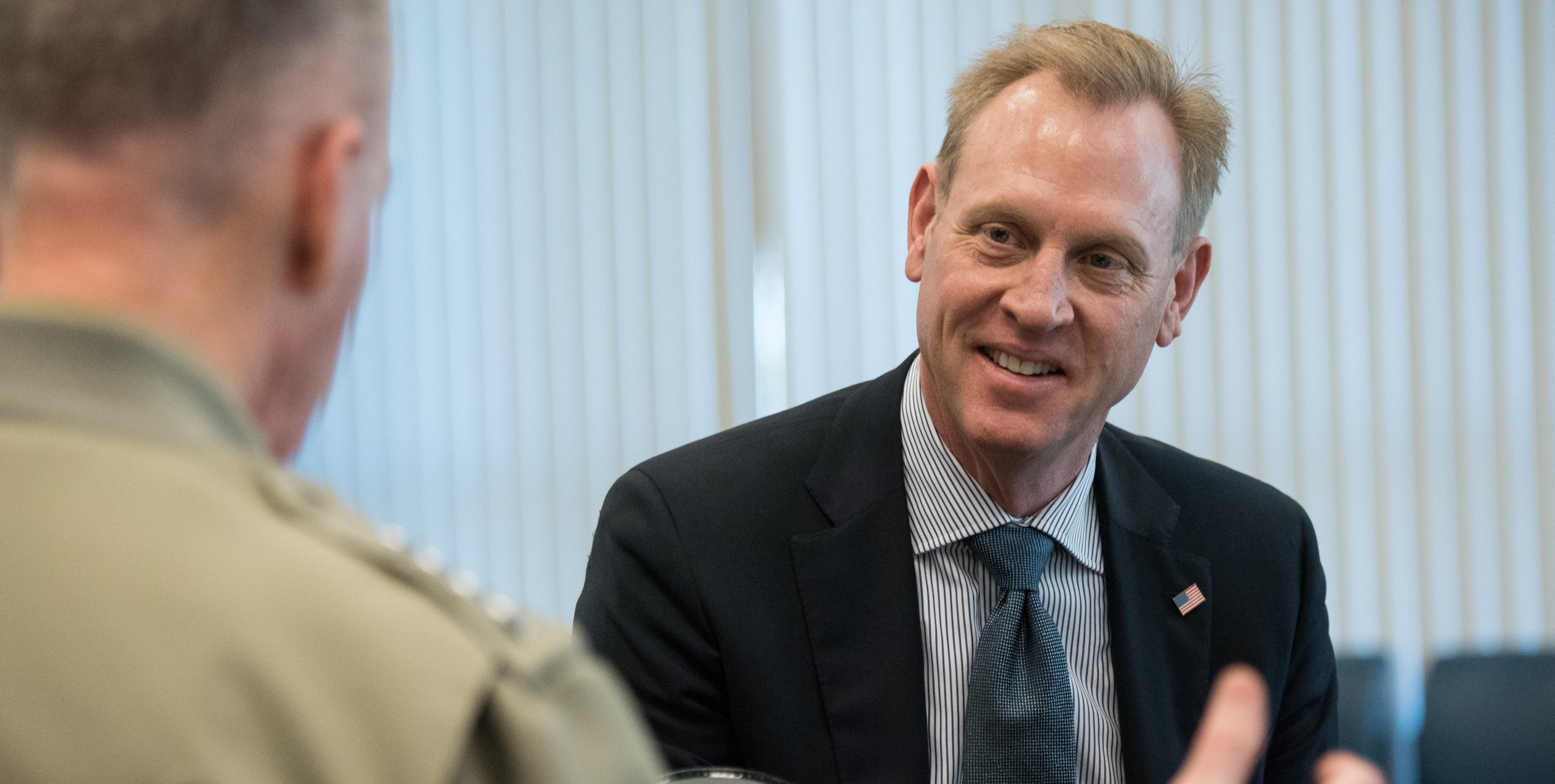Contractors Share How They Weathered the Recent Government Shutdown
By Debbie Gregory.
By Debbie Gregory.
Today we will review how two tech companies, who rely heavily on government contracts to provide income and to keep their workforce busy, were able to adjust, and ride out the recent shutdown. Additionally, we will learn how they applied innovative thinking to not only retain their team but to positively ride out the government shutdown.
Evans Incorporated was founded by Sue Evans in 1994; with a single contract. Ford hired Evans Inc. to help them to reimagine and automate a paper-intensive, OSHA-mandated processes. To help them to successfully transition away from that manual paper-based system to a much more streamlined computer-driven web-based work process. Thus Evans Incorporated was formed.
They have grown quite a bit since those early days; currently approximately 90 percent of Evans Inc.’s revenue comes from the Federal Aviation Administration (FAA). And recently, nearly all of the company’s contracts with the FAA were under a stop-work order during the government shutdown. Instead of furloughing valuable employees, Evans Incorporated kept working; internally reassigning their team to focus on and update the company’s strategic plan. To also identify and implement improvement goals for the year. Employees focused on internal research and development efforts, resulting in several innovations.
“We’re committed to them, they’re committed to us,” said Bob Etris, a partner at Evans Incorporated. “We were fortunate. Airplanes still need to fly, the government will eventually reopen, so let’s continue to do good stuff in the meantime.”
HumanTouch, a McLean, VA IT consulting firm was founded in 1998 and specializes in cybersecurity, cloud and IT modernization.
HumanTouch found a unique way to ensure its employees and team remained whole through the shutdown. Because the company could not afford to lose their talent pool, the management team decided to take a very unique approach: they sacrificed a portion of their salaries to retain employees working on contracts that had been stopped. CEO Moe Jafari forwent his salary altogether. These actions directly resulted in salaries being covered and health insurance premiums being paid for their team.
Should the threat of another shutdown in mid-February come to pass, similar government contractors could potentially survive it a little easier by paying attention to the actions of these two companies highlighted above on how to weather the political storm.
Veteran and Military Business Owners Association, VAMBOA,









